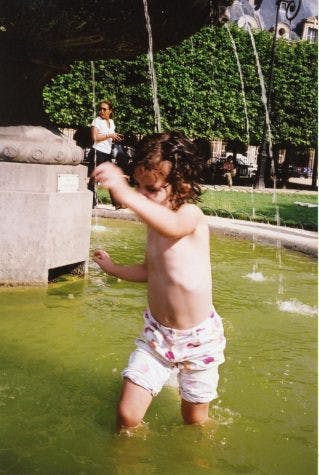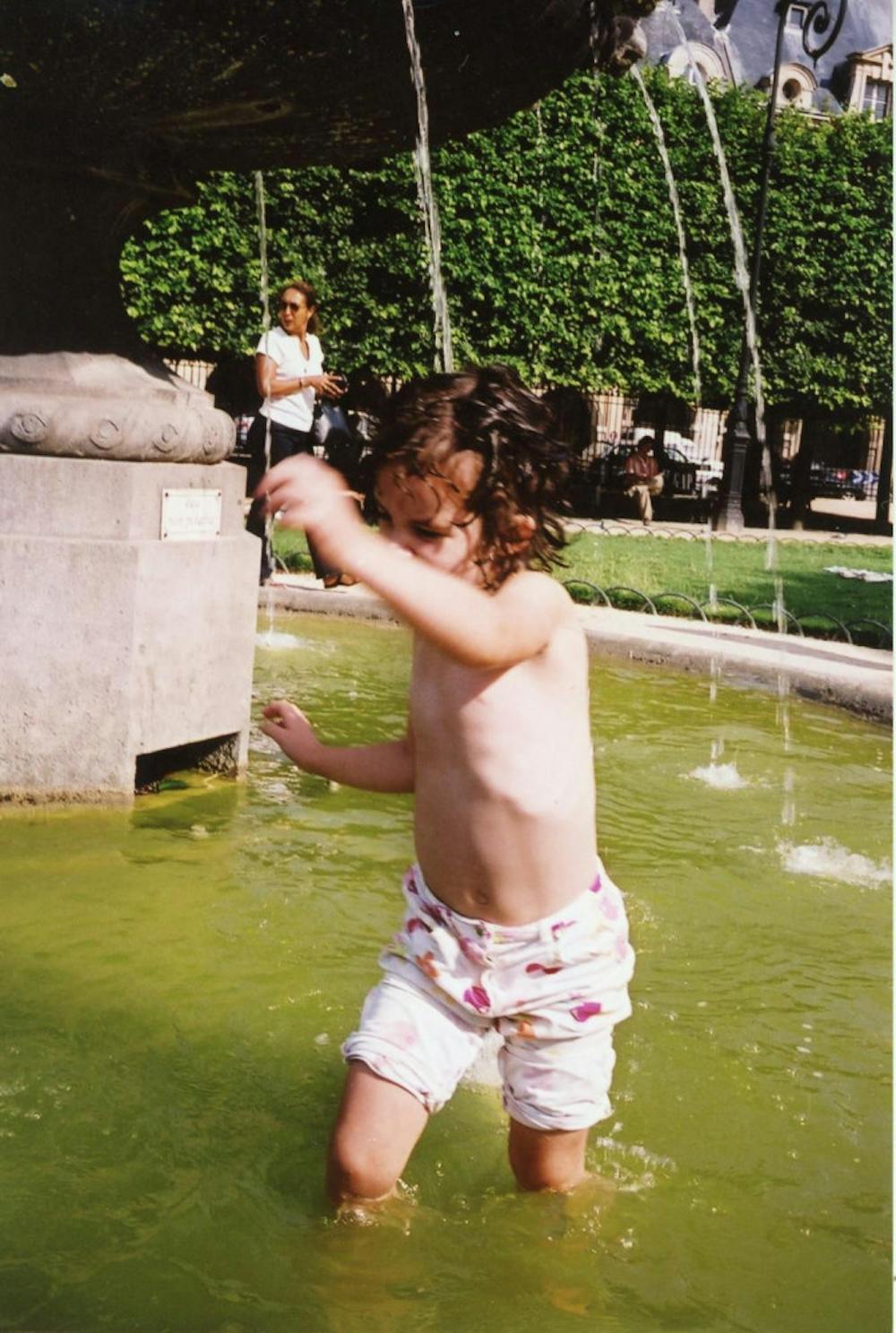There were countless things I looked forward to when preparing to study abroad in Paris, but the idea of having a semester in which I felt more like a child than I have for over a decade, was not something that had crossed my mind.
At Middlebury, the sea of 18-22-year-olds is rarely punctured by anyone under the legal marital age. Moreover, we—the budding innovators, intellectuals and entrepreneurs who will soon spill into the alumni pool of possible donors—are often in a position in which acting like a child is looked down upon.
The Center for Careers & Internships is constantly reminding us of the need to have our résumés reviewed in the hope of landing a pearly banking internship, and great-aunts and uncles pester us with questions about our future at our first autumnal family weekend. These acupuncture-like pressures can induce symptoms of anxiety, dizziness or nausea.
My first days in Paris seemed like more of the same. The city was fast-paced and the busy Parisians often curt, not wanting to deal with another American. Similar to Middlebury, everyone was rushing from point A to point B, without really thinking, feeling or slowing down to eat a baguette or sip on some vin chaud. Attending one of the grandes écoles here, SciencesPo, a university that a slew of French Prime Ministers and Presidents have attended, only heightened this sentiment of accelerated professionalism and unwavering ambition.
But in fact, this at-first hardened exterior has lent itself to innards that prove to be much softer (yes, maybe even softer than maple-candy-sweet Vermont). Part of this shift has been my own drastically altered way of thinking. After far too many years of taking French, I arrived in the country with what quickly began to feel like a child’s capability of communication in comparison to native French speakers.
In beginning to really familiarize myself with living through a different language, I have found that my mind’s capacity for incisive thinking and debate had shrunk considerably. As someone who plays with and mulls over words much too long, this has actually improved my ability to communicate concisely. Instead of getting bogged down in the jargon and BS of political science, I am forced to focus on what is concretely occurring (because I honestly can’t communicate much more than that). There is no faking it when my vocabulary is approximately 1/3rd of the size of mine in English. I am held almost eerily accountable of pure knowledge and my ability to regurgitate facts.
Even still, when cashiers, street vendors and government employees hear my American accent, they often switch to a slower tone, enunciating each word in a painful, although still helpful, way. Just this week, when the grandparents of a three-year-old girl I babysit here arrived at the house for a visit, I realized I could process every word they were saying with ease. But wait—were they speaking like this for the preschooler or me?
The uncertainty of my language ability in comparison to that of a small child is concerning. But this stunted feeling has in fact spiked a positive and unintended effect in which I’ve begun to yearn to return to this simpler and elementary era.

A paradigm shift has been set off in that my simpler thinking and speaking have seeped into my way of being. Just this afternoon, I thought I had packed a lunch that was entirely appropriate for a 20-year-old college student. Surveying the kitchen counter, I came to realize that the contents before me were laughably juvenile: a rice cake with peanut butter and banana, a yogurt, an oddly cute jar of carrot sticks and a small pouch of squeezable applesauce. I am sure that I ate this exact lunch every day of Kindergarten.
Yet, the benefits of my newfound child-like outlook aren’t confined to my lunchbox. I’ve also found that many social interactions are tainted with innocence. Without the immediate ability to evaluate nuance of speech or opinion, I constantly find myself giving people the benefit of the doubt.
It is at times frustrating that I can’t find more descriptive adjectives for new friends’ dispositions other than ‘sweet,’ ‘kind,’ or ‘friendly.’ But as self-deprecating of my French ability as this piece has been, I’m not entirely incapacitated. I can converse with other students in my classes and hold my own at one of my host family's festive Sunday lunches, often accompanied by bottles of champagne, with their extended family. My slower thinking and simpler language simply force me to take a bit more time to exact what I want to say. And, in turn, to refrain from making quick or unfounded assumptions about the others I’m meeting.
Come spring, although I may not strip entirely nude and jump into the nearest park fountain as I did the first time I was in Paris (age four), I do hope to retain some of the joys I’ve found in being forced to act a bit more like a child.
Foreign Correspondents: Returning to Childhood in Paris

Pollard frolicking in a fountain that is not meant for swimming in the Luxembourg Gardens in 2002.
Comments



